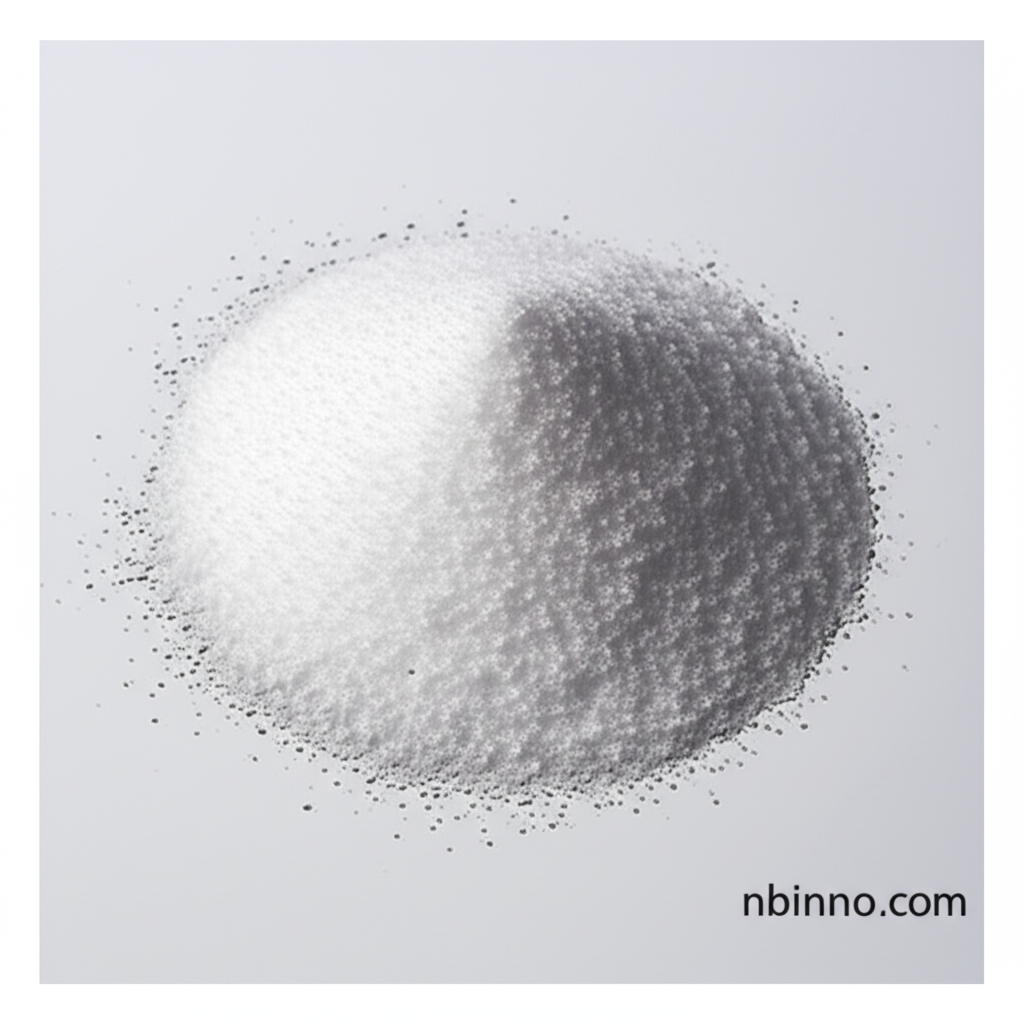Procaine Hydrochloride: A Comprehensive Overview of Properties, Applications, and Safety
Discover the detailed profile of Procaine Hydrochloride, a key pharmaceutical intermediate for effective local anesthesia.
Get a Quote & SampleProduct Core Value

Procaine Hydrochloride
Procaine Hydrochloride is a vital compound widely utilized for its potent local anesthetic properties. It plays a crucial role in various medical and dental procedures, offering effective pain reduction and numbing of specific areas. Its well-established efficacy makes it a cornerstone in pain management protocols.
- Procaine Hydrochloride synthesis involves specific chemical reactions to ensure high purity, crucial for its pharmaceutical applications.
- The procaine hydrochloride mechanism of action centers on blocking sodium channels, preventing nerve impulse transmission and thus providing anesthesia.
- Procaine hydrochloride for anesthesia is renowned for its rapid onset and reliable effect, making it a preferred choice in many clinical settings.
- Understanding procaine hydrochloride side effects is essential for safe administration, with physicians carefully managing dosage and patient responses.
Key Advantages
Proven Efficacy
Procaine Hydrochloride demonstrates reliable pain reduction during surgical and dental operations, a key benefit when considering procaine hydrochloride dental use.
Established Standards
The compound adheres to rigorous pharmaceutical standards, including procaine hydrochloride USP BP EP, ensuring quality and safety for medical applications.
Favorable Comparison
When comparing procaine hydrochloride vs lidocaine, procaine offers a distinct pharmacological profile that is well-suited for specific therapeutic needs.
Key Applications
Local Anesthesia
Primarily used for numbing specific body areas to prevent pain during medical or dental procedures, a core aspect of procaine hydrochloride for anesthesia.
Pain Reduction
Effective in reducing pain associated with intramuscular injections, particularly penicillin, contributing to improved patient comfort.
Dental Procedures
A common agent in dentistry for local numbing, making procedures like fillings and extractions more tolerable for patients.
Pharmaceutical Manufacturing
Serves as a critical pharmaceutical intermediate in the production of various medicinal compounds requiring its specific chemical structure and properties.
